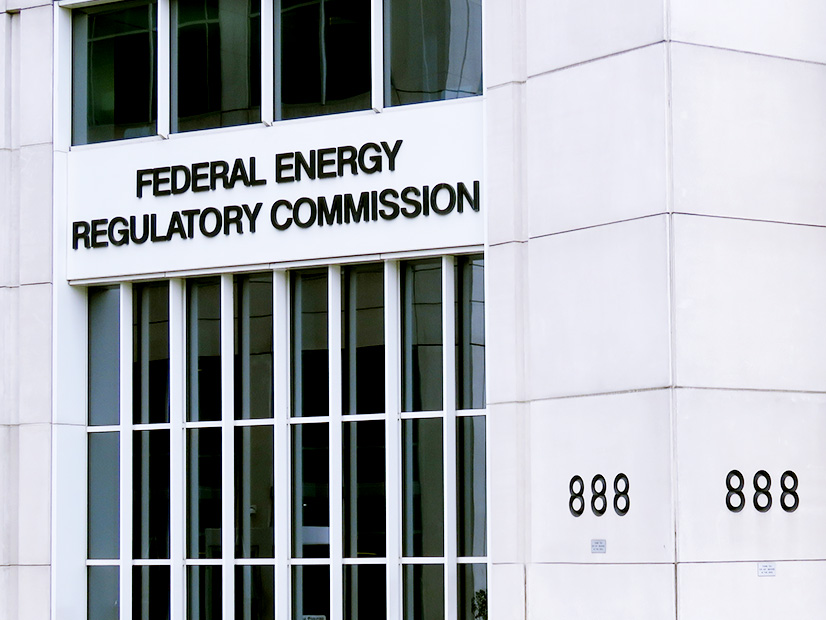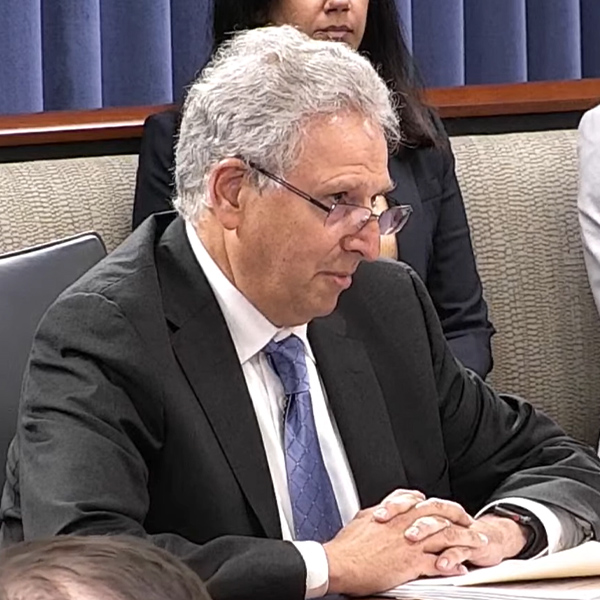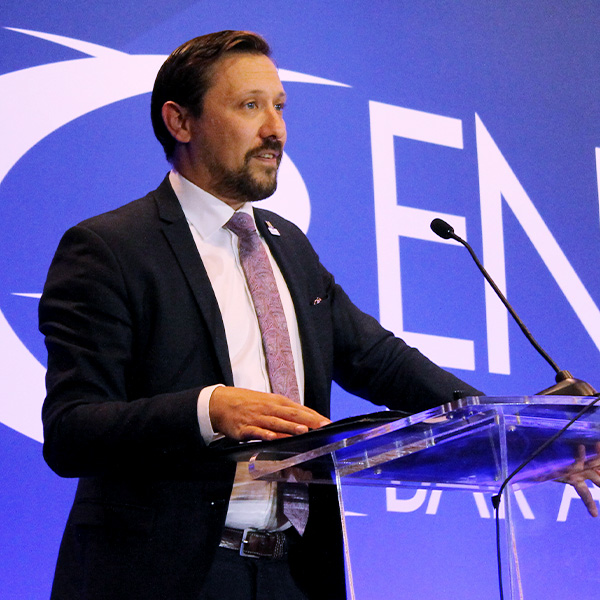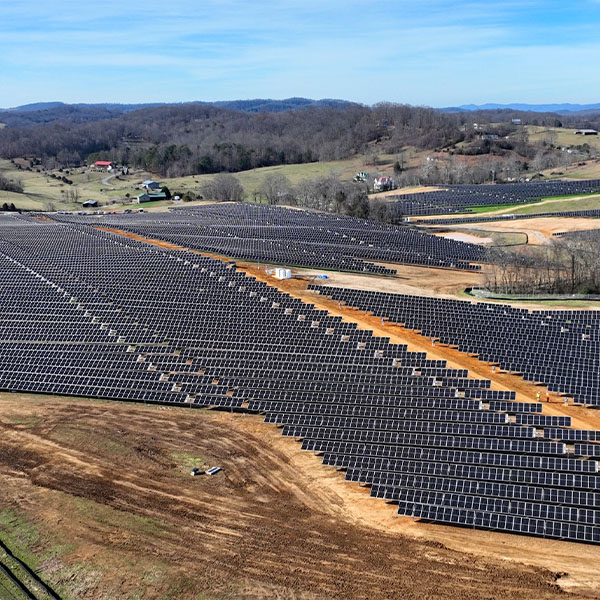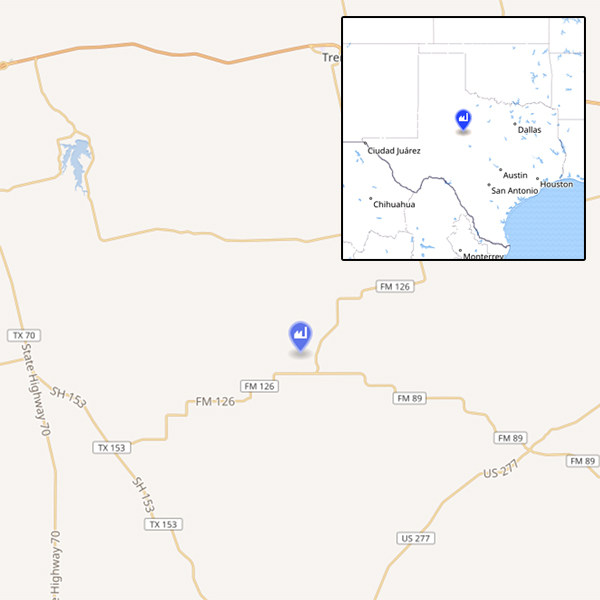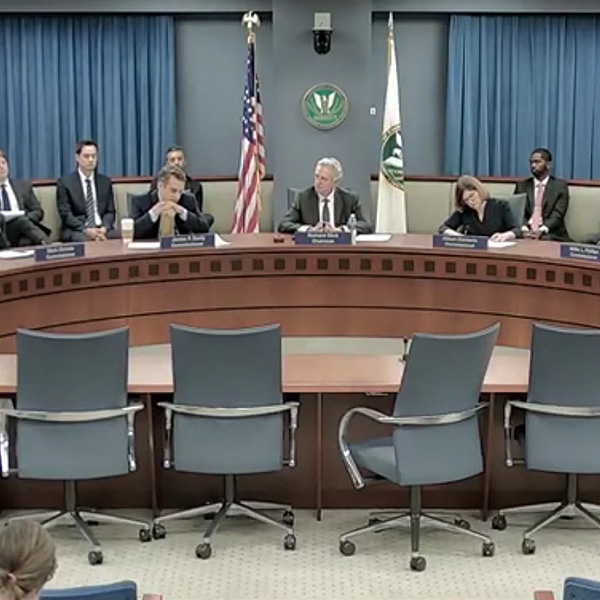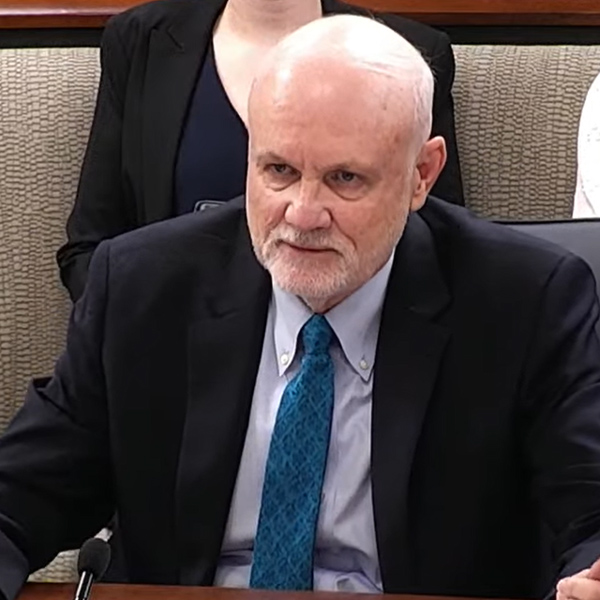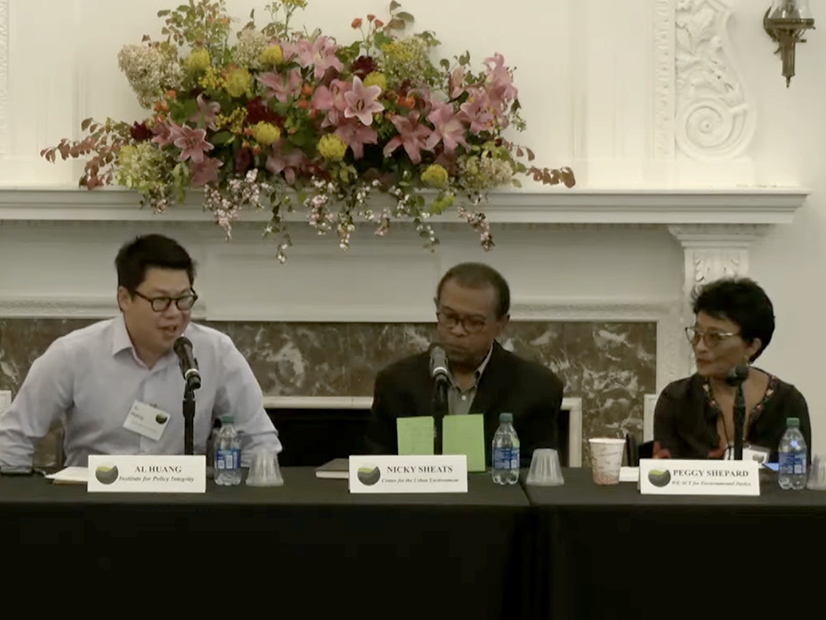FERC & Federal
The Federal Energy Regulatory Commission is an independent regulatory agency that oversees the transmission of electricity, natural gas and oil in interstate commerce, as well as regulating hydroelectric dams and natural gas facilities.
FERC has corrected an “incorrect statement” by making a small modification to its annual Winter Energy Market and Reliability Assessment issued last week.
FERC staff said the grid seems well positioned to weather the cold months. However, rising demand is expected to drive gas prices higher than last year’s.
The EBA's Mid-Year Energy Forum featured talks on hot topics in energy law, including West Virginia v. EPA, the IRA, supply chain issues & hydrogen regulation.
FERC made five recommendations in its latest report on compliance with NERC's Critical Infrastructure Protection standards, a sharp drop from 14 last year.
DOE is seeking input from the public on how to use the Defense Production Act authority that President Biden granted it to improve power grid reliability.
Texas RE knocked a registered entity for violating NERC’s facility ratings standards, assessing a $105,000 penalty in a settlement with Buffalo Gap Wind Farm.
FERC’s members discussed New England's winter fuel security problems and once again highlighted the commission's philosophical divide along party lines.
FERC reluctantly proposed a 200-basis point incentive for utilities that make voluntary cybersecurity investments, an initiative directed by Congress.
FERC's Willie Phillips joined the Institute for Policy Integrity to discuss a shifting U.S. energy landscape and how FERC is aiding the clean power transition.
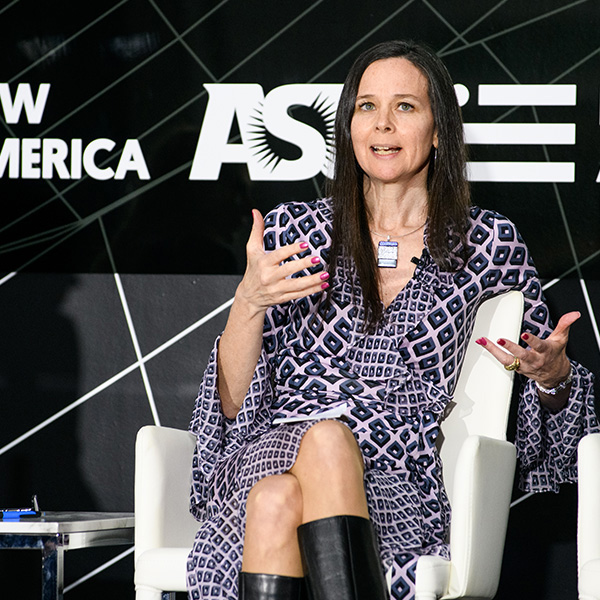
Clarissa Villondo, CC BY-SA 2.0, via Flickr
As it moves toward implementing the cybersecurity requirements added to its budget, CISA said it will seek public comment on the best approach for execution.
Want more? Advanced Search
